
Can microwaves make mining more sustainable?
Professor Erin Bobicki (MSE, ChemE) is developing more sustainable ways of extracting valuable minerals from ore, including material previously discarded as waste.
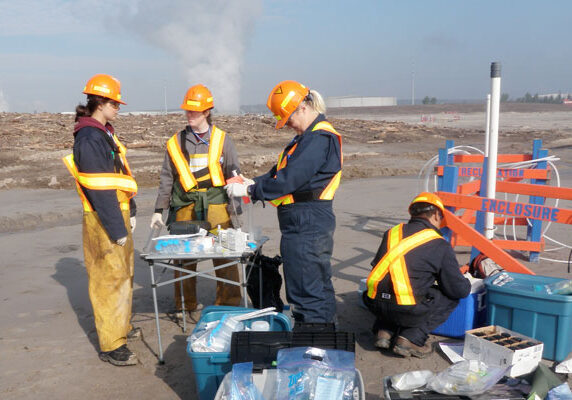
Ancient microbes could offer insight on better mining wastewater strategies
Professor Lesley Warren and her team will use genomics to study the microorganisms that live in mine tailings, with the aim of preventing pollution and remediating contaminated sites.
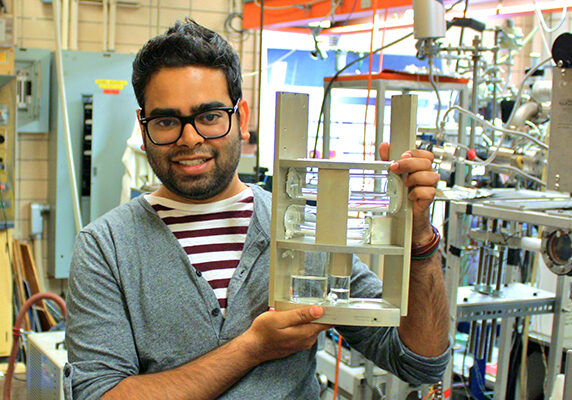
How does water behave in space? U of T Engineering researchers aim to solve longstanding mystery
Experiment launched aboard SpaceX CRS-9 mission to International Space Station should deliver answers
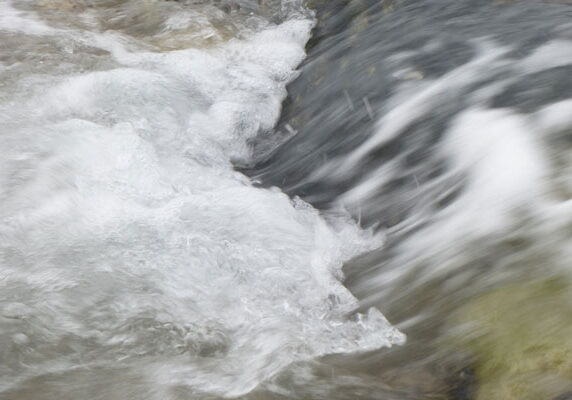
Three smart solutions from the Institute for Water Innovation
Researchers at U of T Engineering’s Institute for Water Innovation are leading the development of new technologies to improve water conservation, purification and reclamation in Canada and around the world

World Water Day: Prof Rod Tennyson plans 8,000-kilometre water pipeline across Africa
Professor Rod Tennyson (UTIAS) wants to build a pipeline that would stretch from the Atlantic Ocean to the Red Sea, providing water for millions of people in Africa’s Sahel region.
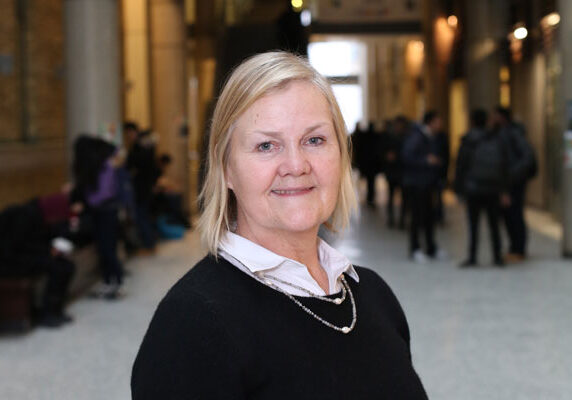
Q & A with U of T Engineering’s newest professor: Lesley Warren
Professor Lesley Warren joined the Department of Civil Engineering and the Lassonde Institute of Mining on Jan. 1, 2016 as the Claudette MacKay-Lassonde Chair in Mineral Engineering. Warren is an aqueous and microbial geochemist, who has pioneered the development of integrated approaches to address key questions linked to the roles microorganisms play in geochemical cycling, […]
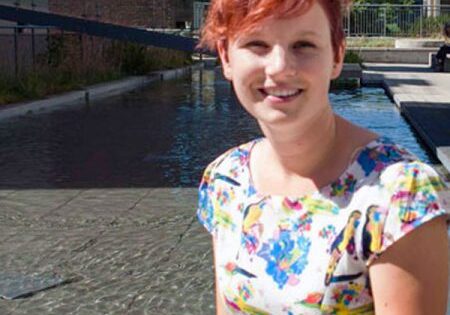
Protecting our water: Q & A with CivE professor Jennifer Drake
The University of Toronto is home to many experts who study how cities can be improved. One aspect of cities that may be taken for granted is one of the most important: water supply. At U of T, water conservation efforts have been underway since the 1970s. For example, underground cisterns on the downtown campus […]

Oil-spill sponges and a future manufacturing leader
When it comes to washing dishes, the verdict may be out for “sponge versus washcloth” – but for cleaning oil spills, engineering PhD student Ali Rizvi (MIE PhD 1T4) is all sponge. Rizvi has designed a cost-effective commercial sponge, similar to the one you’d find in your kitchen sink, which can be used in disastrous […]

